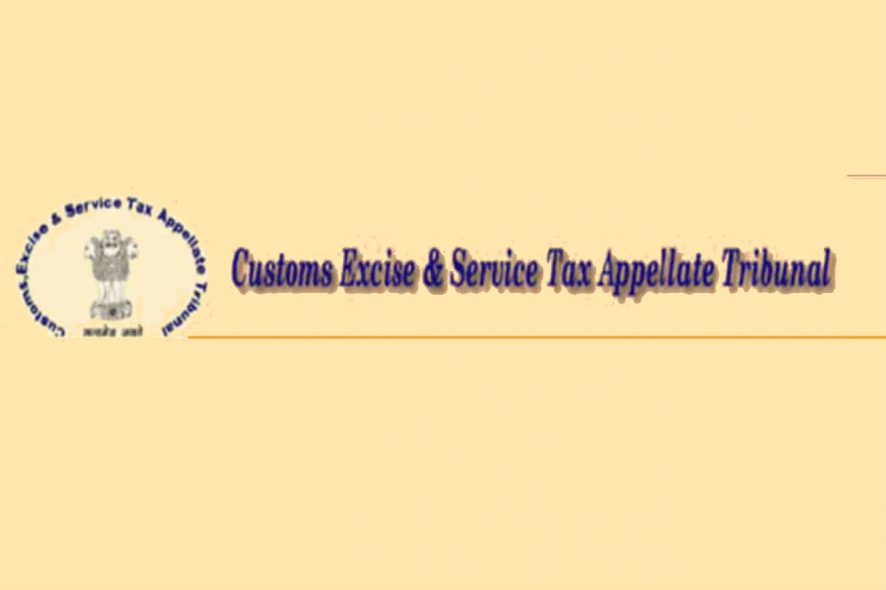Customs, Excise and Services Tax Appellate Tribunal (CESTAT): The Coram of S.S. Garg (Judicial Member) and P. Anjani Kumar (Technical Member) allowed an appeal which involved the admissibility of Cenvat credit by the appellants Bhoruka Aluminium Limited (BAL) Bhoruka Extrusions Private Limited (BEPL).
The counsel for the appellant, Gaurav Shah submitted that BAL wanted to sell the Aluminium extrusion business since they were not able to run the same effectively and availed the services of Singhi Advisors for identifying a buyer for the specific business division, undertaking adequate negotiations and following due diligence; From the invoice and the agreement it is very clear that Singhi Advisors was appointed by BAL to find a suitable buyer for the companies Aluminium extrusion business; Singhi were also fully responsible for providing required documents. He further submitted that on the completion of the service and based on the service provider‟s advice, the Aluminium extrusion business of BAL was sold to BEPL (Fully owned by YKK Holdings, Japan) on a slump sale/going concern basis; the sale was that of the unit and not that of the shares of the company which was contrary to the findings of the Adjudicating Authority; as the appellants availed a service which was in the nature of legal and financial services and was availed in relation to the running the factory and manufacturing of the final excisable product, though indirectly, they availed credit.
The Tribunal after perusing the records found that it would be beneficial to look at the statutory provisions defining the input service under Rule 2(l) of Cenvat Credit Rules, 2004 from which it can be found that one was the substantive part and the other was the inclusive part. The Tribunal further explained that the nomenclature and the classification of services was secondary and just because the appellants could not classify the service availed under a particular head, it does not take away the substantial right of the appellants to avail the credit if it is otherwise permissible under the rules.
The Tribunal while allowing the appeal found that the intent of the appellant as seen from the correspondence available on record was not to wind up the company. The intent was very clear to sell or transfer the business, obviously the manufacturing activity, to any person or company who would manage the manufacturing activity i.e., to produce and sell the goods. Therefore, from a wider perspective, the efforts of the appellants were in the direction of continuation of the manufacture of final products and their removal from the factory. The Tribunal held that appellants had submitted that the said credit was not allowed to be transferred to the new unit in terms of Rule 10 of CCR 2004; they had not utilised the credit and even then, the department had issued a demand notice for payment back of credit which was not legally sustainable.[Bhoruka Extrusions (P) Ltd. v. C.C., C.E. & S.T., 2021 SCC OnLine CESTAT 1, decided on 04-01-2021]
Suchita Shukla, Editorial Assistant has put this story together






